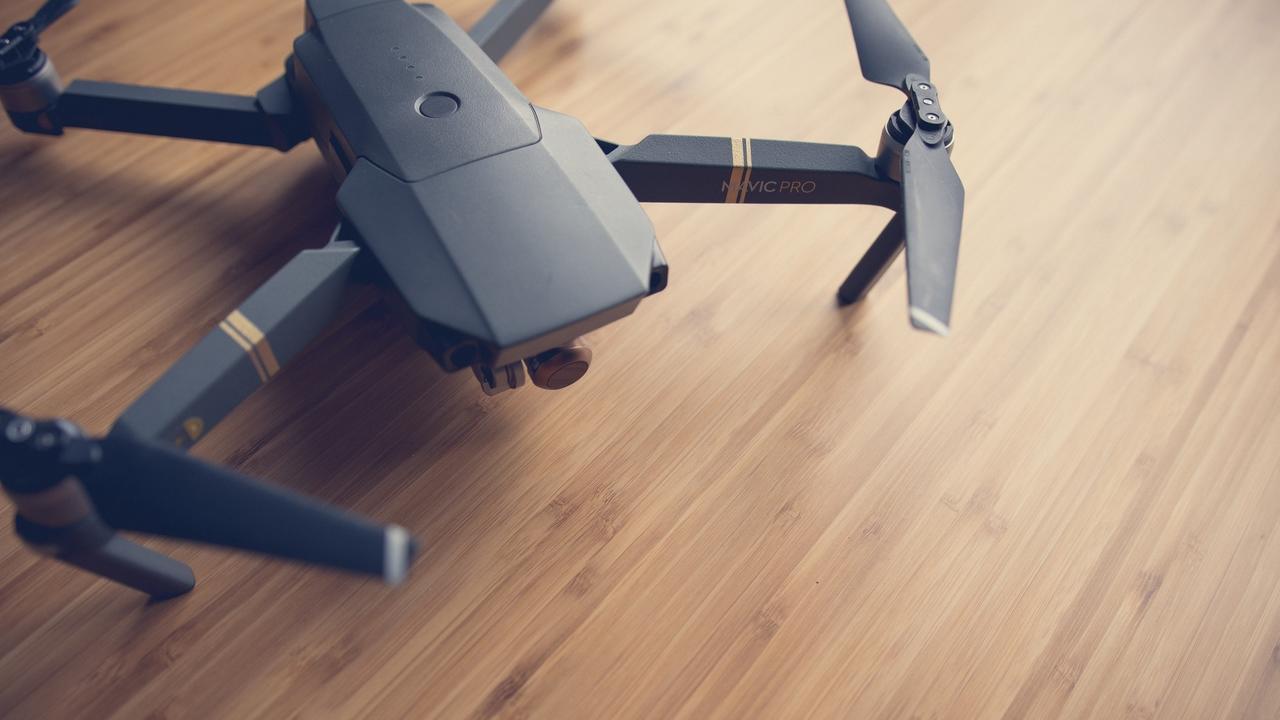The FAA’s New Drone ID Marking Rule

The FAA’s New Drone ID Marking Rule
Drone Pilots are now required to display their FAA-issued registration number on the outside surface of their aircraft.
With the FAA’s Rules constantly changing, it’s important to stay up to date on new regulations as they come out. Altitude University has put together this article to ensure you have everything you need to understand the Federal Aviation Administration’s Drone ID Marking Rule.
Previously, the FAA permitted the marking of your drone registration number to be able to be marked within a closed compartment of the drone such as a battery case, as long as it was accessible with the use of tools. Now, with the growing number of UAV’s in the air, law enforcement wants to be able to contact the operator as soon as possible in case of an accident or emergency.
As a result of this, as of February 23, 2019 - Owners and Operators may no longer place their registration number on the inside of their aircraft. This rule does not change any other policies surround marking your drone as long as it is on the exterior of the aircraft and easily visible.
Just to be clear, this unique identification number is generated by registering your aircraft through the FAA’s DroneZone website. It is not the Remote Pilot ID number that you receive after passing the Part 107 Exam.
If you are unfamiliar with this process, please follow the steps below and make sure to make this registration number visible on the exterior of your small unmanned aircraft (sUAS).
How To Register Your Drone With the FAA
We are going to walk you through the process of how to register your drone with the FAA in these simple steps below.
The FAA requires that all unmanned aircraft greater than .55 pounds and less than 55 pounds be registered with the FAA and given a registration number. You can do this by either registering online or using a paper-based registration process.
Steps to Register Your Drone
The first thing you will want to do is visit https://faadronezone.faa.gov/#/register
- Visit https://faadronezone.faa.gov/#/register
- Create an account by providing your email and setting up a password
- Register your drone as an individual or business
- Once you receive your unique registration number, make sure to print out a label and attach it to your drone where it is easily accessible.
UAV’s flown not as model aircraft must be registered individually by the owner. Each registration is only $5, so it will not break the bank to be an aerial pilot.
Friendly Reminder
Friendly Reminder: You must have the FAA drone registration certificate in your possession when flying, and are required to show it to any federal, state, or local law enforcement officer. Additionally, if you are selling your drone be sure to unregister the drone within your FAA DroneZone Account.
Once your drone is registered you are free to fly; under certain regulations of course. If you have not already acquired your FAA Part 107 Drone License, we highly recommend it for any pilot that is looking to improve their skills and become a safer, more professional drone operator.
These are all very easy steps to ensure the safety and protection of your environment around you. Take a few minutes and go toss that registration number on the outside of your and get back to the skies!
High-Level Overview of AU's Online Part 107 Test Prep Course: The Ultimate Review
Until August 29, 2016 the rules and regulations in the U.S. were mostly unstructured in terms of the legality of flying UAV’s. Since then, the Federal Aviation Administration (FAA) has made many strides in making flying drones legal and far safer.
The Altitude University Online Part 107 Course is a test prep course aimed to help drone enthusiasts pass the exam and acquire their FAA Remote Pilot's Certificate (better known as Part 107 License) that will allow you to legally make money flying drones.
The program has been created by Brandon Trentalange who is one of the most popular entrepreneurs in the drone industry. He has over 6+ years of experience flying drones as a professional drone pilot, has consulted top corporations like NASA, Jet Propulsion Laboratory and Syngenta, and helped over 2,000+ drone operators start a career in the industry.
Join Our Private Drone Facebook Group



